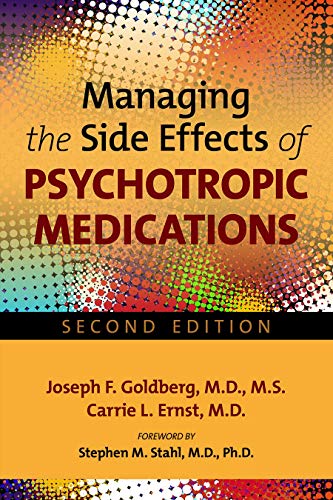

Treatment side effects struggle is a common experience for many individuals undergoing medical treatments. It can be significantly distressing and impact overall quality of life. This comprehensive guide will explore the various facets of managing unwanted reactions to medications, providing evidence-based strategies for navigating this challenge and improving your well-being throughout the treatment process. We’ll delve into understanding the causes, recognizing symptoms, and exploring effective management techniques, ultimately empowering you to take control of your health. This article will cover common side effects, strategies for coping, and when to seek professional help. We’ll also discuss alternative solutions and provide actionable steps you can take immediately.
Understanding the Spectrum of Treatment Side Effects
Common Types of Side Effects
Many medications, unfortunately, come with a range of potential side effects, varying greatly in severity and impact. These side effects can manifest as physical discomfort, emotional distress, or even disruptions in daily functioning. Recognizing the specific side effects associated with your treatment plan is essential for effective management. For instance, some medications might cause nausea, fatigue, or skin rashes, while others may impact mood, sleep, or cognitive function. It’s important to note that each individual’s response to medication can differ, making personalized management crucial.
Identifying and Reporting Side Effects
Recognizing the Signs
Identifying the symptoms associated with medication side effects is paramount to taking the first steps toward effective management. Pay close attention to any new or worsening symptoms following the commencement of treatment. Keep a detailed log of the symptoms, including their severity, duration, and time of onset. This detailed record can help you and your healthcare provider identify patterns or triggers. For example, if you notice a persistent headache after starting a new medication, record the date, time, and intensity of the headache. Consider recording any potential environmental factors or other medications you’re taking to identify correlations.
Communication with Your Healthcare Provider
Open and honest communication with your healthcare provider is crucial when experiencing medication side effects. Share your concerns and observations with your doctor, providing them with specific details from your log, rather than vague descriptions. This detailed information enables your doctor to assess the potential severity, determine whether the side effect is related to your treatment, and develop a tailored approach for management.
Managing Side Effects Through Self-Care Strategies
Lifestyle Adjustments
Certain lifestyle adjustments can often mitigate the severity of treatment-related side effects. For example, maintaining a healthy diet rich in fruits, vegetables, and whole grains, and staying hydrated, can help your body manage potential symptoms. Regular exercise, within the limitations of your physical condition, can also significantly impact your overall well-being, and potentially offset some side effects. Adequate sleep is equally important for your body’s restorative processes, so prioritize getting sufficient rest each night.
When to Seek Professional Intervention
Understanding Red Flags
Recognizing when a side effect warrants immediate medical attention is vital for patient safety. Seek immediate medical care if you experience any severe or concerning symptoms, such as difficulty breathing, severe allergic reactions (hives, swelling), or changes in consciousness. Report any signs of bleeding, unusual bruising, or rapid weight gain or loss. These could be indicative of a serious underlying issue.
Exploring Alternative Treatments
Complementary Therapies
Exploring complementary therapies can be helpful in conjunction with conventional medicine for managing medication side effects. For instance, some studies suggest that acupuncture or mindfulness practices may offer relief for certain symptoms. However, consult your doctor before integrating any complementary therapy into your treatment plan to ensure safety and compatibility with your medications.
Frequently Asked Questions
What are some common treatment side effects?
Common treatment side effects vary greatly depending on the specific medication and individual factors. Some of the common symptoms include nausea, vomiting, headaches, fatigue, skin rashes, or changes in appetite. It’s important to remember that individual responses differ, so what one person experiences might not be the same for another. Consulting your doctor about any potential side effects is crucial for effective management.
How can I cope with the psychological impacts of treatment side effects?
Experiencing medication side effects can have a considerable emotional impact on patients. It is important to acknowledge and address these feelings. Supporting strategies can include talking to a therapist, connecting with a support group, or practicing stress-reducing techniques such as meditation or yoga. Developing coping mechanisms and engaging in self-care practices are also crucial for navigating emotional distress.
In conclusion, managing the side effects of medication requires a proactive approach, combining medical guidance with patient agency. Understanding the specific medication, its potential side effects, and reporting them promptly to your doctor is crucial. By actively managing side effects and seeking support, you can significantly improve your overall well-being while continuing your treatment plan. If you are struggling with medication side effects, consult your doctor for personalized strategies and explore alternative options, as appropriate. Remember, you are not alone, and there are resources available to help you through this.